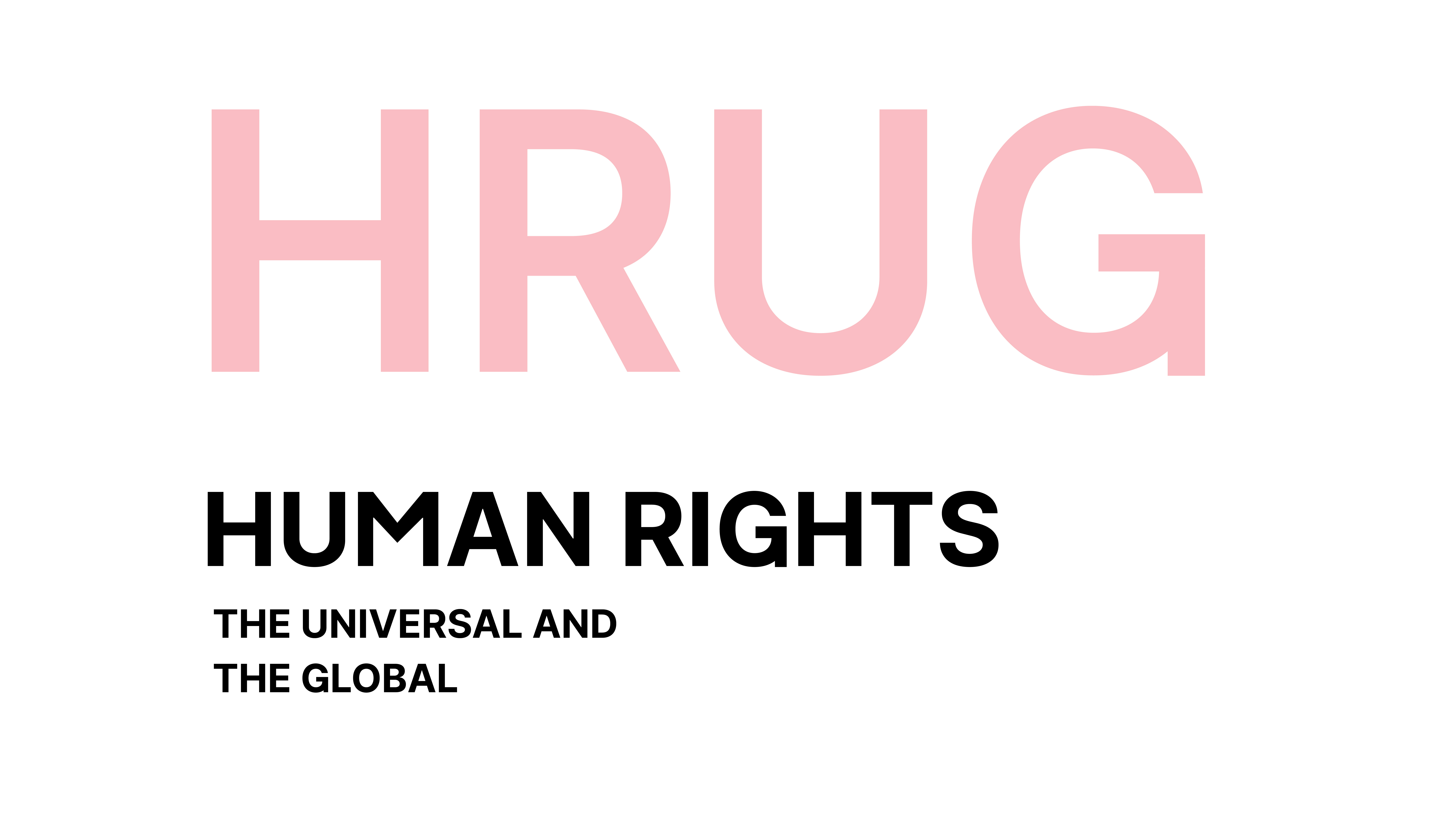On January 30, 2024, the HRUG regular seminar on “Interaction between Law and Politics in a Global Perspective: Law First or Politics First” was successfully held. The seminar was chaired by Professor Peter Herrmann, a researcher of Central South University Human Rights Center. Evgeniia Kiseleva (a researcher of the School of Economics at the Russian National Research University Higher School of Economics), Joe Finnerty (a social policy analyst, School of Applied Social Studies, University College Cork, Republic of Ireland), Mehmet Okyayuz (a professor of political science at Middle East Technical University, Turkey), Fan Jizeng (an associate professor of the Law School of Shandong Technology and Business University), Li Juan (a researcher of CSU Human Rights Center), and Theophilus Edwin Coleman (a postdoctoral researcher of University of Johannesburg in South Africa) participated in the discussion. This seminar mainly explored the current practice of the interrelationship between law and politics in the respective countries of the participants who further put forward corresponding opinions on the position of “law first” or “politics first”.
Professor Peter Herrmann pointed out that the Constitutional Court is increasingly becoming a tool for questioning the legitimacy of political movements and parties. He criticized the lack of clarity in the definition and functions of the Constitutional Court. The researcher Evgeniia Kiseleva pointed out that in Russia, law is not always the top priority, but is seen as a tool that can be used for political and cultural purposes. She mentioned that the Russian Federal Constitution has been amended for certain political purposes. In addition, culture and personal relationships are often more valued than strict adherence to the law in Russian society.
Subsequently, Associate Professor Li Juan pointed out that Chinese courts lack the power of constitutional judicial review and the establishment of institutions similar to constitutional courts. She mentioned that the current judicial system in China plays a role as a decision-making body. The Supreme People’s Court improves or even revises relevant laws by formulating judicial interpretations and issuing guiding cases. Although this approach was initially not explicitly authorized, it has now been accepted and the Supreme People’s Court is given a quasi legislative function in essence, which reflects a new mode of interaction between law and politics.
Joe Finnerty argued that Ireland also lacks an institution similar to the Constitutional Court, but the Supreme Court has the power to review proposed legislation for constitutionality. He discussed the conservative interpretation of the constitutional provision protecting private property and its impact on Irish housing policy by introducing housing issues. Professor Peter Herrmann asked whether Ireland, like Germany, has the situation of submitting some decisions to the court to avoid political decision-making, especially political change. Joe Finnerty responded that the President has the right to refuse to sign proposals approved by Congress, but can submit them to the Supreme Court for review of their constitutionality, without the authority to change their content.
Professor Mehmet Okyayuz believed that legal scholars often focus too much on the existence of law and overlook the influence of social context. At the societal level, law always has a political nature and masks social dynamics and processes. He thought that in Germany, laws and legal institutions are only an abstract framework and there is skepticism about their actual effectiveness. Professor Peter Herrmann approved the importance of considering social factors in legal interpretation, but he didn’t agree with the view that law essentially does nothing and pointed out that law and its practitioners play a significant role in protecting people’s interests. Professor Mehmet Okyayuz cited the reform of the asylum legal system in Europe as an example and then insisted that the failure of laws and practitioners to take effective action in the face of social issues reflects the passivity of the law.
Associate Professor Fan Jizeng believed that the boundary between law and politics is often difficult to distinguish. He pointed out that the focus of the discussion should be on the essence of law and how judges and legal practitioners follow written laws. He believed that law is complex, as it can be formulated by legislators, evolved and interpreted by the Constitutional Court, and may even provide a way to resolve conflicts between courts and legislative bodies through dialogue.
Professor Mehmet Okyayuz maintained that there are two ways in which law interacts with society: one is through decisions made by the upper class to influence the society; the other is that the law adapts to social trends. He asked, should the law provide standards for regulating behavior, or should it respond to social changes and make corresponding adjustments? Associate Professor Fan Jizeng responded that different ideologies have different interpretations of law, and law alone cannot solve all problems. Law sometimes cannot adapt to the speed of social change, and its challenge lies in determining the legitimacy of the law, involving both social legitimacy and normative legitimacy. He considered that the most appropriate method to determine which aspect is more priority is through democratic decision-making by the People’s Congress. Another method is through court rulings and timely observation of public reactions. But each method has its inherent problems that need to be considered.
At the end of the seminar, the researcher Evgeniia Kiseleva emphasized the importance of transparency in the formulation and interpretation of standards. Associate Professor Li Juan added that in China’s practice, courts not only undertake the function of adjudication, but also have quasi legislative functions. She believed that this may be to fill the gap in China’s lack of a constitutional court and a constitutional review mechanism, thus assuming the role of judicial review in practice.
